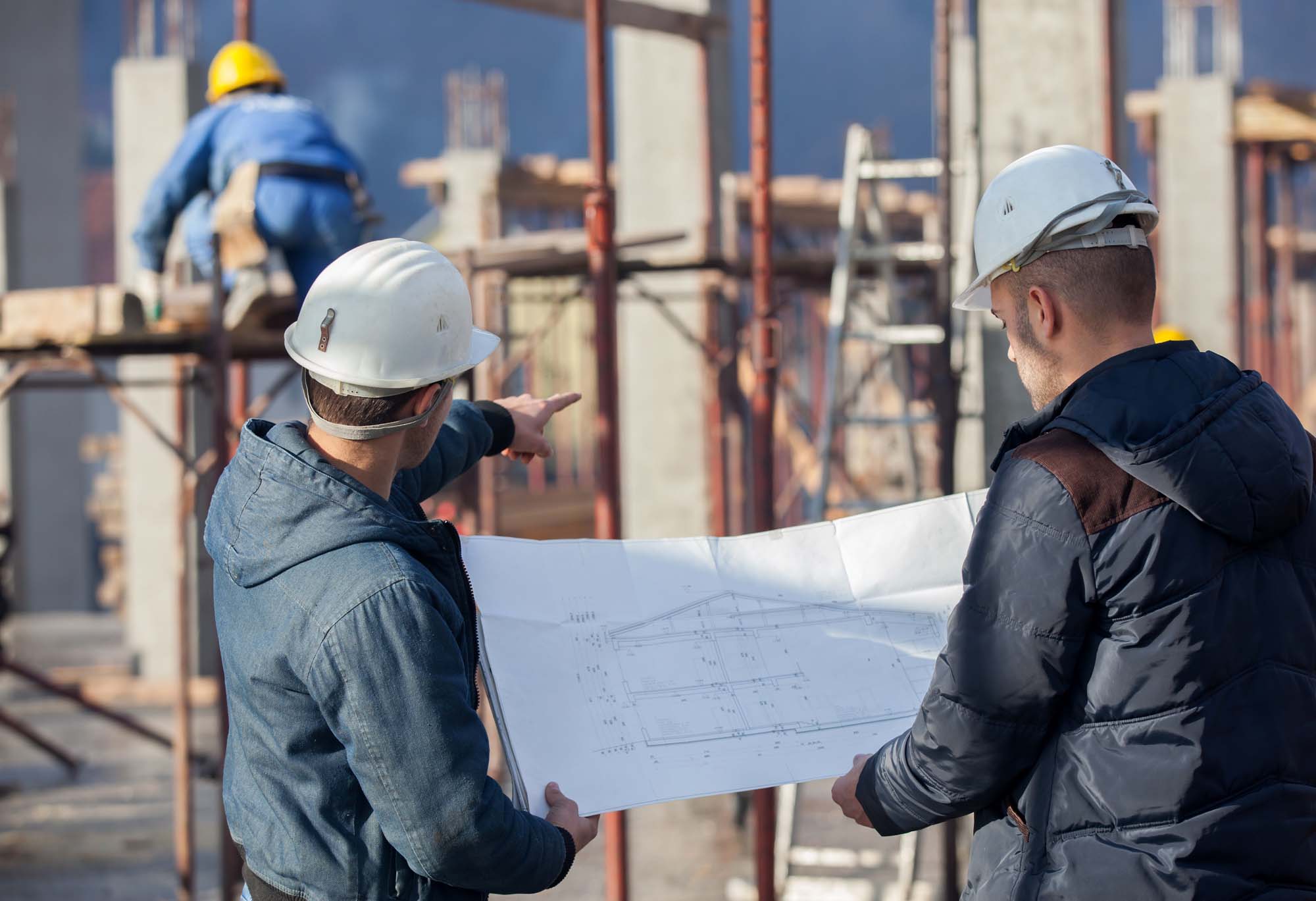Secrets of the Profession: Advice from Seasoned Contractors

Starting a construction project, whether it is a small home renovation or a sprawling commercial build, is an overwhelming endeavor. At the center of this complex process often lies the general contractor, the expert who orchestrates everything between the initial blueprints to the final walk-through. Grasping the role of a contractor is essential for homeowners and businesses alike, as it can significantly impact the success and efficiency of your project.
In this article, we will delve into various aspects of working with general contractors, uncovering valuable insights from seasoned professionals in the field. From the crucial questions to ask before hiring one, to how they handle permits and oversee subcontractors, we will provide you with the knowledge needed to navigate the construction landscape assuredly. Whether you’re contemplating a DIY approach or considering the advantages of hiring a licensed contractor, this comprehensive guide strives to illuminate the path ahead.
Grasping the Function of Contractors in General
Contractors serve as the central point of contact for various construction projects. They are accountable for overseeing the whole process, from the start planning and design stages through the finalization of the project. irving garage contractor comprises recruiting and managing subcontractors, administrating the budget, and making sure that the work is completed on time. Their thorough involvement allows for an streamlined workflow and clear communication among all parties involved in a construction project.
A crucial aspect of a general contractor's function is project management. They organize various elements such as timing, acquisition of materials, and compliance with building regulations. This requires not only grasping technical specifications but also being proficient at solving problems that occur during construction. Their skill to navigate these challenges is vital to making sure that the project runs efficiently and stays within budget.
In addition, general contractors provide critical expertise in construction techniques and safety standards. They work intimately with architects and engineers to convert design ideas into practice while also enforcing safety on the job site. By controlling risks and guaranteeing adherence to safety practices, general contractors protect both the workforce and the capital of the property owner, making them a critical part of any effective construction endeavor.
Important Questions for Hiring a General Contractor
When looking for the appropriate general contractor for your construction, it's crucial to begin with the right questions. Initially, ask about their background and expertise in the specific area of construction you need. Ask how long they have been in business and if they have finished contracts similar to yours. This will help you evaluate their competence to manage your contract successfully. Additionally, ask for recommendations and samples of past work to evaluate the standard of their craftsmanship and client satisfaction.
Next, discuss their method to managing projects. Understand how they coordinate with third-party contractors and manage schedules, finances, and communication. Ask about the systems and systems they use for monitoring progress and if they have a contingency plan in case of unexpected setbacks or challenges. A good builder should be open about their methods and have a specific plan for ensuring the construction proceeds without issues from beginning to finish.
Ultimately, it’s important to discuss contract details. Ask about their payment terms and what is covered in the agreement. Confirm how they handle permits and inspections, as well as their policy on changes to the scope of work. Understanding these aspects will help you avoid conflicts and ensure that you are on the same agreement about the job's expectations and costs.
Primary Differences as well as Conveyance in Contracting
Understanding the distinctions among general contractors and specialized contractors is vital for individuals involved within construction. General contractors manage complete projects, managing timelines, budgets, and various teams, including specialized contractors who focus in specialized tasks such as pipe fitting along with electrical work. This division of labor permits main contractors to hold a comprehensive perspective on project goals, whereas subcontractors dedicate themselves to their areas of expertise, guaranteeing excellent workmanship throughout each phase of the project.
Effective discourse is crucial for a favorable contracting experience. Homeowners and main contractors must set up open lines of discourse right from the beginning. This entails talking about project timelines, budgets, and requirements to avoid misunderstandings in the future. Routine check-ins and progress reports throughout the building process can aid resolve any issues that come up, ensuring that all parties are aligned and heading for the same goals.
Moreover, the importance of communication expands to collaboration in partnership with architects and technical experts. General contractors serve as the link, translating design ideas to actionable steps for the construction team. They must also relay technical information but also advocate for the client's vision while also complying to regulatory requirements. This joint approach is vital for providing a favorable project that meets both functional needs and aesthetic goals.

